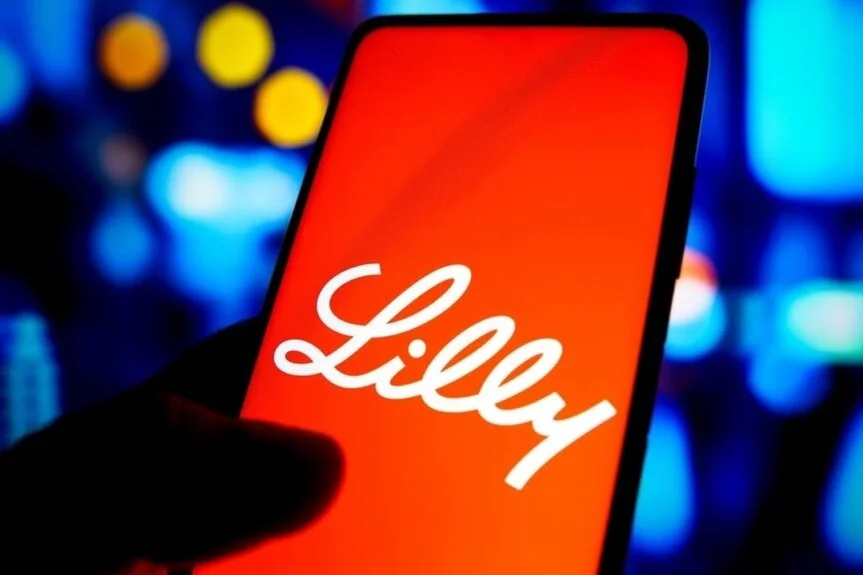
The U.S. Food and Drug Administration (FDA) has determined that a promotional video featuring Zepbound and Mounjaro (tirzepatide), both produced by Eli Lilly And Co. LLY, is false or misleading.
The agency’s review found that the video misbrands the drugs by underplaying serious health risks and omitting critical safety information.
LLY shares are advancing steadily. Check the analyst’s take here.
The video, a 42-minute program hosted by Oprah Winfrey, focused on weight-loss treatments and their growing popularity.
It prominently featured Dr. W. Scott Butsch and Dr. Amanda Velazquez, who are paid consultants to drug manufacturers and receive research funding from companies making GLP-1 drugs such as Zepbound and Mounjaro. The video discussed the benefits of these medications but failed to adequately disclose significant risks.
Also Read: Eli Lilly To Invest $5 Billion In New Virginia Manufacturing Facility To Support Cancer Drugs Manufacturing
According to the FDA, the video’s misrepresentations create a misleading impression of the drugs’ safety. Both Zepbound and Mounjaro carry boxed (black box) warnings for life-threatening risks, including thyroid C-cell tumors.
The FDA’s action cites violations of the Federal Food, Drug, and Cosmetic Act, including failing to reveal critical information, minimizing potential side effects and distributing the video without prior submission for review.
The video featured patient testimonials and discussions about obesity treatments, emphasizing the effectiveness of GLP-1 drugs. Dr. Velazquez described how these drugs “copy” the body’s natural hormones but “do it a little bit better,” claiming they lead to “double the amount of weight loss.” Meanwhile, Dr. Butsch discussed his involvement in medical education and clinical trials. The discussion downplayed the risks associated with the drugs.
The FDA’s review flagged the omission of warnings, such as contraindications for patients with a personal or family history of Multiple Endocrine Neoplasia type 2, a condition linked to thyroid tumors. While a brief mention of thyroid risks was made, it failed to highlight this critical safety concern.
The video’s segment on side effects, presented by a third-party expert, was followed by misleading statements from Eli Lilly representatives that minimized potential harms.
Eli Lilly has been given 15 working days to respond to the FDA’s findings.
Eli Lilly told Reuters that the FDA’s letter covers three interviews conducted by independent media outlets; the interviews were not ads. Lilly added that it had no editorial control over interviews conducted by independent media outlets.
LLY Price Action: Eli Lilly stock is up 2.38% at $766.02 at publication on Tuesday.
Read Next:
Tim Cook Says Apple Will Invest $600 Billion In US Manufacturing, Creating A ‘Domino Effect’ As iPhone 17 Pre-Orders Show Strong Momentum
Photo: Shutterstock



